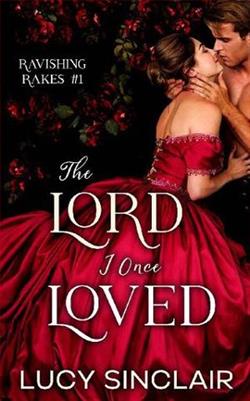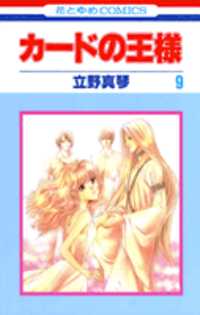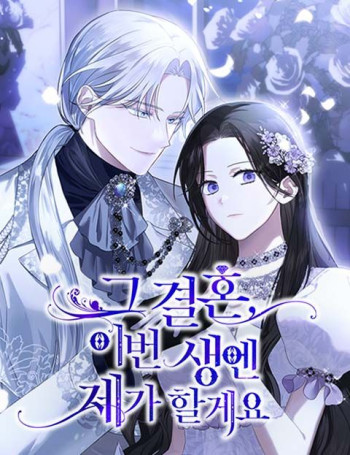In Lucy Sinclair's debut novel, The Lord I Once Loved, readers are transported to a world of regency romance filled with longing, heartache, and the complexities of love that transcends time and circumstance. The story revolves around Amelia Allen, a once-promising young girl who has fallen into the depths of obscurity as a penniless governess, and William Thorne, the Lord Marsden, who has transformed from her childhood friend into one of London's most notorious rakes. Sinclair deftly weaves a tale that explores themes of friendship, redemption, and the haunting shadows of the past.
From the outset, Sinclair establishes a poignant contrast between Amelia's humble existence and Will's extravagant lifestyle. Amelia, an orphan with little to her name, embodies the archetype of the wallflower—an overlooked figure in society who yearns for something more. Her character is beautifully fleshed out, showcasing her resilience and quiet strength. Readers will find themselves rooting for her as she navigates the treacherous waters of her new life, filled with societal expectations and personal insecurities.
On the other hand, Will is introduced as a quintessential rake, a man who indulges in the pleasures of life while masking his profound loneliness and emotional turmoil. Sinclair does an admirable job of peeling back the layers of Will's character, revealing the tortured soul beneath the charming facade. His past, shrouded in secrets and regrets, serves as a powerful driving force in the narrative, creating a sense of urgency and tension that propels the story forward.
The reunion of Amelia and Will after a decade apart is a pivotal moment in the novel, and Sinclair captures the electric chemistry between the two characters with finesse. The sparks that fly when they come face to face again are palpable, and readers will find themselves swept up in the whirlwind of emotions that ensue. Sinclair's writing is evocative, painting vivid images of their encounters and the simmering tension that underlies their interactions. The dialogue is sharp and engaging, filled with wit and banter that adds depth to their relationship.
One of the most compelling aspects of The Lord I Once Loved is its exploration of the theme of redemption. Both Amelia and Will are haunted by their pasts, and their journey towards healing and forgiveness is beautifully portrayed. Sinclair skillfully navigates the complexities of their relationship, illustrating how love can be both a source of strength and vulnerability. As they confront their demons, readers are invited to reflect on the nature of love itself—how it can be transformative, yet fraught with challenges.
Moreover, Sinclair's portrayal of societal norms and expectations during the Regency era adds an intriguing layer to the narrative. The constraints placed on women, particularly those of lower social standing like Amelia, are poignantly depicted. Sinclair does not shy away from addressing the harsh realities of class disparity and the limited options available to women, which enhances the stakes for Amelia as she grapples with her feelings for Will. This historical context enriches the story, grounding it in a reality that resonates with contemporary readers.
As the plot unfolds, Sinclair expertly builds tension, leading to a climax that is both dramatic and emotionally charged. The return of Will's past threatens to unravel everything he and Amelia have built, forcing them to confront their feelings and the choices they must make. The stakes are high, and readers will find themselves on the edge of their seats, eager to discover whether love can truly conquer all.
In terms of character development, both Amelia and Will undergo significant growth throughout the novel. Amelia transforms from a timid wallflower into a woman who recognizes her worth and desires to reclaim her agency. Will, on the other hand, grapples with his self-destructive tendencies and learns to confront his past rather than run from it. Their journeys are intricately intertwined, and Sinclair masterfully illustrates how their love serves as a catalyst for change.
While The Lord I Once Loved stands out for its rich character development and emotional depth, it also invites comparisons to other works in the regency romance genre. Fans of authors like Julia Quinn and Lisa Kleypas will find much to enjoy in Sinclair's storytelling style, which combines humor, heart, and a touch of drama. Sinclair's ability to create relatable characters and a compelling narrative will resonate with readers who appreciate the complexities of love and the human experience.
In conclusion, Lucy Sinclair's The Lord I Once Loved is a captivating debut that explores the intricacies of love, friendship, and redemption against the backdrop of Regency England. With well-drawn characters, a richly layered plot, and a keen understanding of societal dynamics, Sinclair has crafted a story that will linger in the hearts of readers long after the final page is turned. This novel is a testament to the power of love to heal and transform, making it a must-read for anyone who enjoys a heartfelt romance filled with depth and emotion.
























Reviews 0
Post a Reviews: